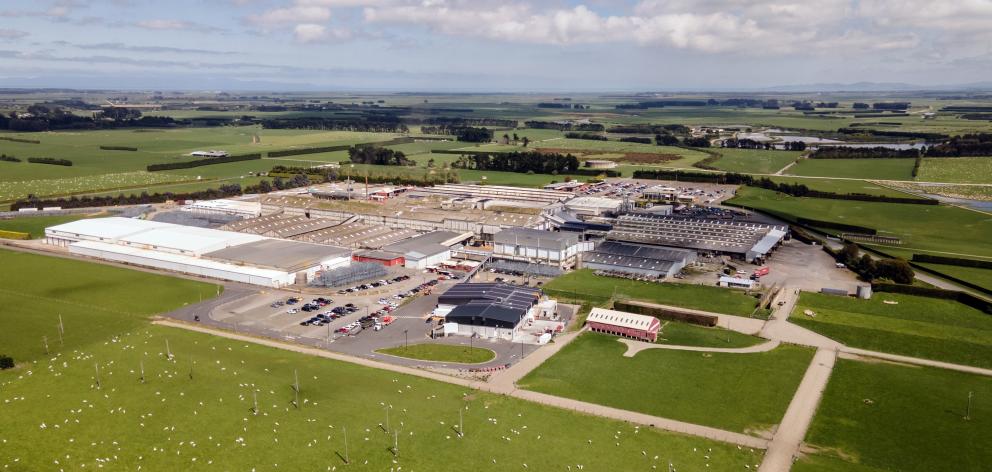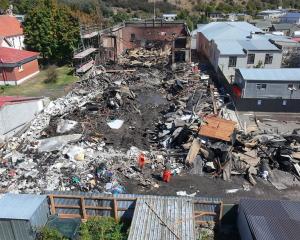
On Tuesday, the red meat industry’s worst-kept secret was confirmed; Irish company Dawn Meats Group would take a 65% stake in the wholly farmer-owned co-operative for $250 million, subject to shareholder and regulatory approvals.
Alliance says the investment will reduce its short-term working capital facility by about $200m, accelerate the board’s strategic capital expenditure programme and enable the distribution of up to $40m to the co-operative, subject to shareholder livestock supply.
In many ways, it is a repeat of 2016 when China’s Shanghai Maling (now Bright Food Group) took a 50% stake in Silver Fern Farms for $267m.
Just like then, one has to ask if shareholders do not give the international investment a tick at a special general meeting in October, then what?

It was 1948 when a collective of Southland farmers came together to establish Alliance Freezing Company Ltd. In 1980, the company underwent a change in ownership structure, transitioning into a co-operative.
Since then, it has proudly lauded its farmer-owned status, particularly — and rather smugly — following the Silver Fern Farms’ Chinese deal which left it the only true 100% farmer-owned red meat co-operative.
Alliance farmers have now been forced between the proverbial rock and hard place.
The future of their co-operative lies with them; say yes to the deal and 65% of ownership of what has been a traditional proud southern company goes offshore.
Chief executive Willie Wiese says it could trade its way out but the time it would take was far too long from a banking perspective.
So say no, and the bankers will be banging on the door. There appears to be little room for sentiment or tradition.
It is somewhat inexplicable that Alliance finds itself in this position, with many questioning how a company can go from a record $116.3m profit in 2022 to two thumping losses in the following years.
Last year, experienced agribusiness leader Mark Wynne was appointed chairman of Alliance and he did not mince words when it came to the task at hand.
"I’m not doing this for a good time or a long time. This is damn hard work. We’ve got an enormous amount to do to turn this big super-tanker around," he said at the time.
So why was the super-tanker ever grounded in the first place?
And where is the accountability from those who allowed it to get so far off course?
The future ownership of the co-operative might lie with its farmers but it is not those folk who got their company into such a perilous position that selling 65% of it is the only way forward.
Mr Wynne has previously said that remaining a 100% farmer-owned co-operative was a choice and if farmers wanted it to remain that way, then the company needed their livestock. That was their clearest way of showing their support.
But loyalty is a two-way street and Alliance used to have that in spades from its suppliers. Over time, it has eroded.
For farmers already battling with rising on-farm costs, a few dollars more on their killing sheet from selling to a competing company offering a better price makes a substantial difference.
Dollars and service can quickly replace any misty-eyed values around tradition and 100% farmer ownership when it comes to paying the ever-present stack of bills.
Alliance has signalled site closures and asset sales are possible if the Dawn Meats deal is not inked.
The company is a large employer, particularly in the South, and that would have huge ramifications for both rural and urban communities.
But as livestock numbers continue to fall amid pine-tree studded farmland, the long-standing wider issue of over-capacity in the country’s red meat sector continues to be the elephant in the paddock, and plant closures appear inevitable.
What is guaranteed is that more change is coming in the sector — to be sure, to be sure.












